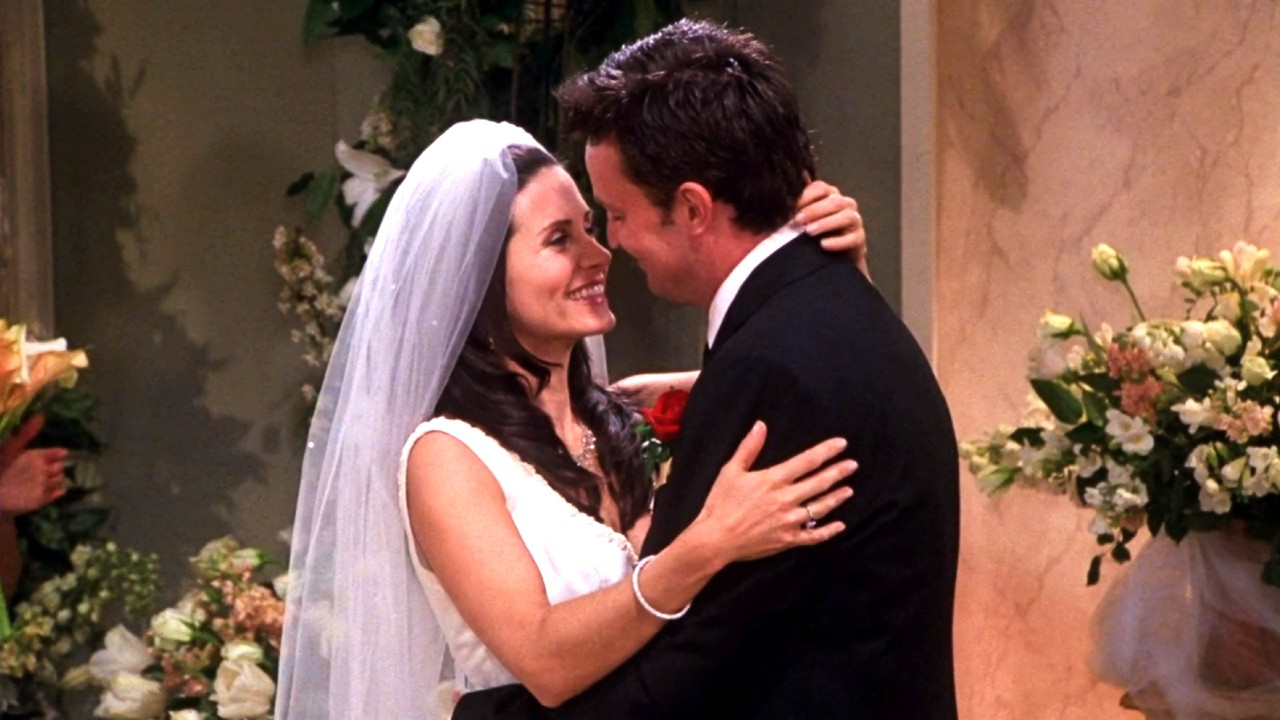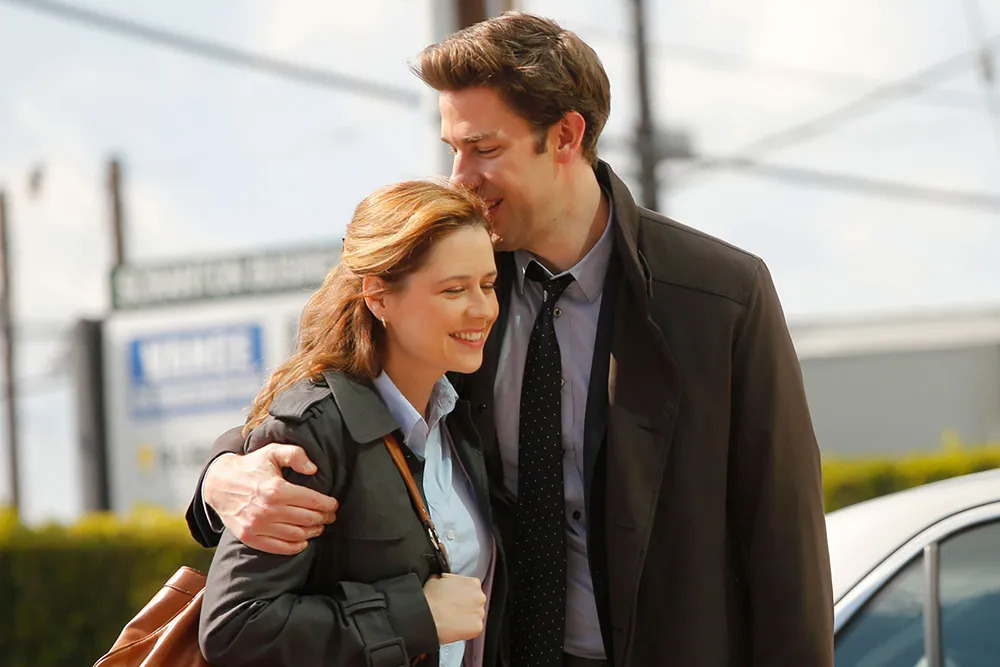TV Show Endings: Analyzing Series Finales and Closure for Characters and Storylines
The end of a beloved TV show is always a bittersweet moment. After years of investment in characters, plots, and worlds, viewers are faced with the challenge of saying goodbye. A series finale has the weighty task of providing closure, wrapping up intricate storylines, and offering satisfying conclusions for characters we've grown attached to. The right ending can elevate a show, leaving fans feeling fulfilled and emotional, while a poorly executed one can lead to frustration and disappointment. In this article, we’ll delve into what makes TV show endings impactful and why the way a show wraps up is so important to its legacy.

The Power of Closure: Why Series Finales Matter
A series finale is more than just the last episode; it’s the culmination of everything that’s come before it. It's the moment where everything converges—loose ends are tied up, characters evolve, and story arcs are brought to their conclusion. A well-executed finale gives the audience the feeling that the journey was worth it, rewarding their time and emotional investment.
Closure doesn’t always mean a "happy ending," though. The key is that the ending should feel earned. Whether it's a tragic ending, a hopeful resolution, or a cliffhanger, it must align with the themes and tones that the show has set throughout its run. Think about Breaking Bad's explosive finale, which saw Walter White's fate sealed in a perfect blend of tragedy and triumph. This closure was satisfying because it was consistent with the show’s deep themes of morality, consequence, and pride.
On the other hand, some shows may take a more open-ended approach. For example, The Sopranos left fans with a famously ambiguous final scene, allowing viewers to draw their own conclusions about the fate of Tony Soprano. Some fans were left confused or frustrated, but others appreciated the show's refusal to provide easy answers, making it an unforgettable ending.
Satisfying Character Arcs: Bringing Journeys to an End
Character development is one of the most crucial aspects of any series. As viewers, we invest in characters over time, watching them grow, struggle, and change. When a show ends, we expect to see how these characters have evolved and whether they have found resolution—whether in their personal lives, their careers, or their relationships.
A memorable ending often ties the characters' journeys back to the beginning in meaningful ways. Friends provides a great example, as the final episode brings the six central characters full circle. Monica and Chandler, once a couple uncertain about their future, become parents, while Ross and Rachel—whose relationship has been central to the series—end up together, suggesting that their ups and downs have led them to a place of stability. These outcomes are satisfying because they feel earned through years of growth.
Similarly, in How I Met Your Mother, Ted’s journey to find true love is given closure when he finally ends up with Robin, the woman he had loved all along. While the finale may have divided fans, it was undeniably true to the character's evolution over the course of the show. It was a bittersweet end, but one that reflected the complexity of relationships and the passage of time.
Resolving Storylines: Tying Up Loose Ends
An essential part of any series finale is resolving lingering storylines. Viewers have invested in these narratives, and it’s important that the show addresses the questions and conflicts that have been built up over time. This doesn’t necessarily mean that every detail must be resolved, but the key plot points should be dealt with in a way that provides clarity and satisfaction.
Take The Office, for example, where the series finale shows the evolution of each character after the documentary has aired. Jim and Pam's story, the fates of Dwight and Angela, and Michael’s return to the show all provide the necessary emotional closure, giving viewers a sense of where everyone ended up. The finale provided a sense of finality for both the characters and the long-running storyline about the documentary.
In contrast, a show like Lost left many fans disappointed with its handling of its various mysteries. While some aspects were resolved, many questions remained unanswered, leading to mixed reactions. For some viewers, the lack of closure on major plotlines like the nature of the island and the significance of certain characters was a dealbreaker. It’s a reminder that while mystery can be an important part of a show, providing closure is often essential in a finale.

Emotional Impact: Leaving an Impression on the Audience
TV show endings are often emotional for both the characters and the audience. These final episodes give fans a chance to reflect on the journey they’ve been on with the show and its characters. The emotional impact of a series finale can be what makes it truly memorable.
Shows like Six Feet Under delivered one of the most emotionally charged final scenes in television history. The series finale, which showcases the eventual deaths of all the key characters, is a poignant meditation on life and death. This closing sequence provides a sense of peace, reflecting the show’s themes about family, mortality, and the passage of time. It’s an emotional conclusion that leaves viewers thinking long after the credits roll.
Similarly, The Good Place beautifully captures the emotional resonance of finality with a series finale that touches on themes of redemption, the afterlife, and moving on. The emotional closure in these final moments provides a sense of peace and satisfaction, aligning perfectly with the series’ ongoing exploration of personal growth.
The "Perfect" Ending: Achieving the Balance Between Expectation and Surprise
One of the most difficult aspects of creating a series finale is striking the right balance between meeting audience expectations and providing surprise. Fans of long-running shows often have strong ideas about how they want things to end, but an ending that is too predictable or too shocking can fall flat.
In Game of Thrones, the final season’s rapid pacing and controversial decisions disappointed many fans who had hoped for a more carefully constructed resolution. The shift in character arcs and the rushed storytelling left viewers feeling like the show had not lived up to its legacy. In contrast, The Wire maintained its realistic tone and gave a bittersweet but true-to-life ending, reinforcing the show’s deep themes of systemic failure and societal issues.
A "perfect" ending isn’t necessarily about giving the audience everything they want. It’s about being true to the story and its characters while also delivering something that feels earned. The Office’s final season, while lighthearted, balanced humor and emotional payoff in a way that felt satisfying and complete.
Conclusion: The End That Lasts
The final episode of a TV series is an important event, one that not only wraps up the stories of beloved characters but also cements the show's place in television history. Whether it’s through an emotional send-off, the resolution of long-running plotlines, or the challenge of surprising fans, a well-crafted series finale can leave a lasting impact. As viewers, we want closure and fulfillment, but we also seek endings that stay true to the essence of the show we’ve come to love. When done right, TV show endings offer a sense of completion, leaving both characters and fans with a final chapter that feels as meaningful as the journey itself.












